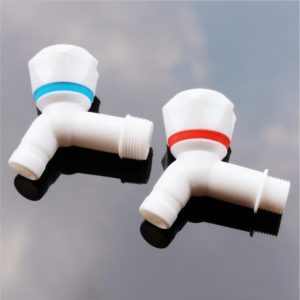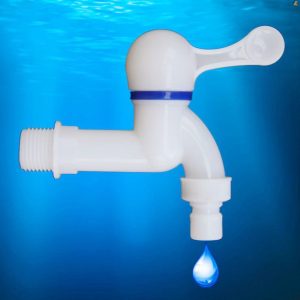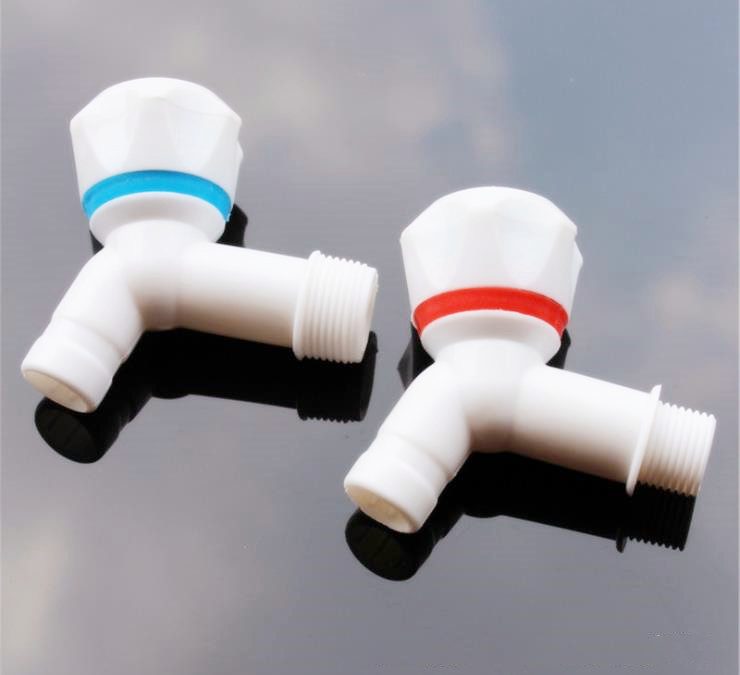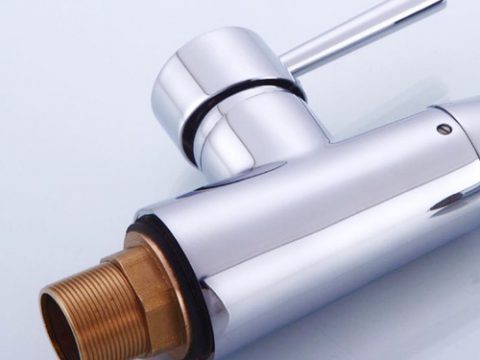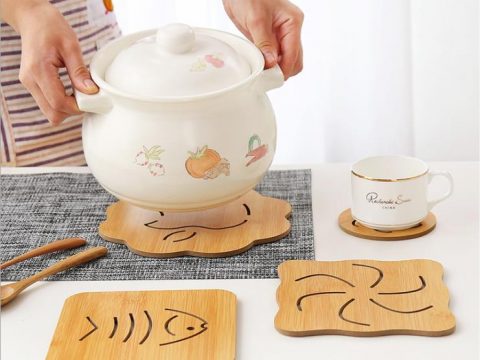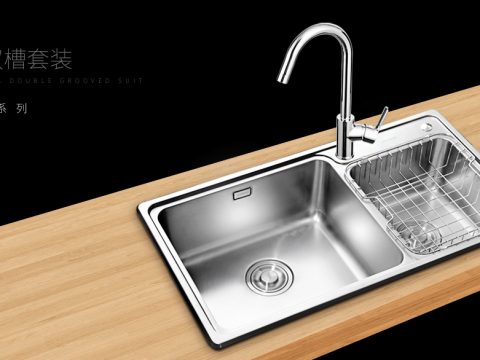- Contact us now!
- +86 18868944843
- ken@nbthe.com
The importance of water efficiency in faucets
Water efficiency in faucets is of paramount importance for several significant reasons:
- Conservation of Water Resources: Water is a finite and essential resource, and its scarcity is a growing concern in many regions worldwide. By using water-efficient faucets, we can reduce unnecessary water consumption and help preserve this valuable resource for future generations.
- Environmental Impact: Wasting water not only depletes natural water sources but also places a burden on the environment. Water treatment and distribution require energy and can contribute to greenhouse gas emissions. Reducing water waste through efficient faucets helps mitigate the environmental impact associated with water use.
- Lower Water Bills: Water-efficient faucets can significantly reduce water consumption in households and commercial spaces. As a result, users can experience substantial savings on their water bills over time, leading to reduced utility expenses.
- Energy Savings: Conserving water also leads to energy savings. Water must be treated, transported, and heated, all of which require energy. By using less water, we indirectly reduce energy consumption associated with these processes.
- Mitigating Water Stress: In regions facing water stress or scarcity, implementing water-efficient faucets is an effective measure to alleviate the strain on local water supplies and infrastructure.
- Resilience to Droughts: During periods of drought, water efficiency becomes crucial for maintaining essential water services without depleting already stressed water sources.
- Meeting Regulatory Requirements: Many regions have water efficiency regulations and standards that mandate the use of water-saving fixtures, including faucets. Compliance with these regulations helps promote sustainable water management practices.
- Supporting Sustainable Development Goals: Water efficiency aligns with the United Nations’ Sustainable Development Goals (SDGs), particularly Goal 6, which aims to ensure availability and sustainable management of water and sanitation for all.
- Less Strain on Sewer Systems: Reducing water consumption through efficient faucets also means that less wastewater is generated. This helps lessen the burden on sewage treatment systems and can help prevent sewer overflows during heavy rainfall events.
- Educational Opportunity: Promoting water efficiency in faucets and other fixtures can raise awareness about water conservation and encourage individuals and businesses to adopt more sustainable water practices in their daily lives.
In conclusion, water efficiency in faucets is a critical aspect of responsible water management. By using water-saving fixtures, we can contribute to environmental protection, financial savings, and the sustainable use of water resources, all while ensuring that clean water remains accessible to communities and ecosystems worldwide.
